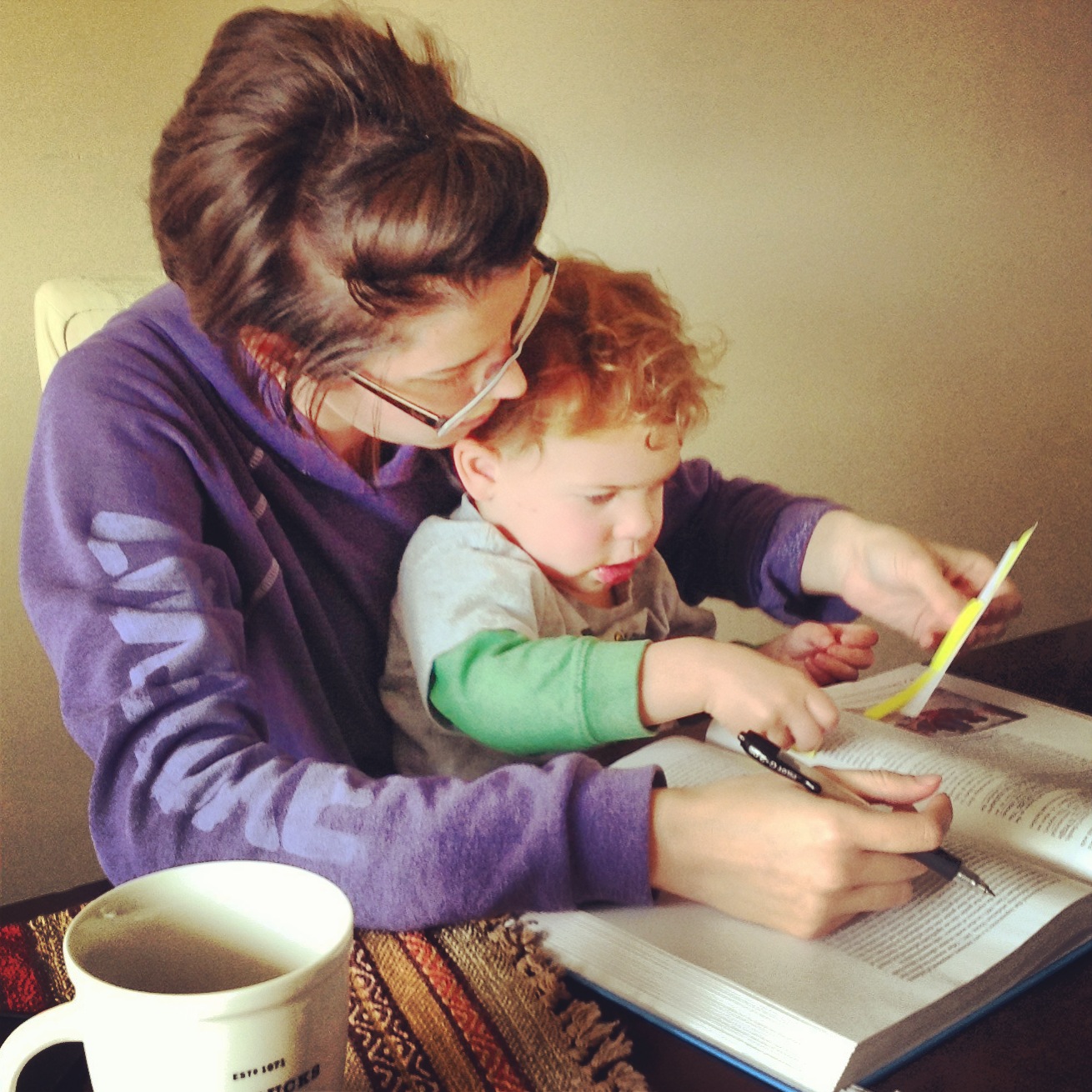Writers’ Lab: Healing through writing
Today, I have the honor to invite Bridgette Dembowski in the writers’ lab to share her story on how writing can work as a healing tool, amongst others, for veterans. Bridgette G. Dembowski is the Director of Communications for Bare the Burden Project, a national non-profit agency that serves US military members and veterans recovering from trauma exposure and other invisible psychological wounds of war. Bare the Burden focuses on providing its online community with writing exercises, an anonymous forum for discussion of difficult topics, opportunities to engage in self-reflection, positive peer-to-peer-interaction, and personal growth and healing through the writing process. Mrs. Dembowski is also a contributing author to the edited book project, Diagnosing Folklore: Perspectives on Mental Health, Trauma, and Disability, edited by Trevor J. Blank and Andrea Kitta, scheduled for publication in 2015. Mrs. Dembowski holds a Master’s Degree in Human Development and Family Sciences from Oklahoma State University and is currently studying Psychology at Kansas State University. She is married to Captain Matthew J. Dembowski, the Apache Troop Commander of the 4th Squadron, 4th Cavalry Regiment, under the 1st Armor Brigade Combat Team, 1st Infantry Division, U.S. Army. They have one child, Benjamin, who is a 2-year-old budding visual artist and wordsmith, and live in Manhattan, Kansas.
Ernest Hemingway once stated that writing one true declarative statement was all one needed to begin the writing process. Write one thing that is true. Start there. For many, writing is not only a form of communication or story telling, but a tool for self-discovery and healing. Writing in the form of correspondence as well as journaling has been shown to be beneficial for those suffering from loss, grief, traumatic exposure, and other invisible wounds.
The one true statement that Hemingway calls for may be a starting point for some; but in other cases, the one true statement is an achievement and a victory all its own.
As a mental health advocate and a senior member of a non-profit organization that serves military members and veterans, I see writing as an opportunity for healing and growth after victimization, experience, and/or exposure to trauma. Our organization, Bare the Burden, hosts a website that contains an online application. This application provides its users with an interactive and supportive group of peers, bound by their shared experiences of military life and exposure to traumatic situations (including: combat involvement, dangerous environmental exposure, witnessing disturbing images, and others). This site is a safe haven for users to talk to one another, and to write about their memories, experiences, and daily struggles. The focus of the site is to help trauma survivors grow and learn from their experiences. This is accomplished primarily through a guided process that includes writing exercises tailored to the individual user’s particular traumatic experience, as well as peer-to-peer interaction and encouragement through written correspondence.
Writing is used as a way for trauma survivors to acknowledge what happened to them or in their presence. It is a way for them to tell their truth, to explore their memories, to examine the fragments of emotions, images, and jumbled sensory perceptions that often times accompany trauma exposure.
That one moment, that one initial post, when a trauma survivor tells their own truth to a community of similar others, peers who are waiting and willing to hear what that individual has to say about what happened to them, that is both terrifying and beautiful. That is the beginning of the process. The truth is exposed. The truth is known, and it can be explored through further directed writing exercises and through open communication between members within the community who may have had similar experiences.
This group-based approach to trauma recovery has been shown to improve the personal mental and physical health of individual group members. Community members give strength and courage to each other to continue on their individual paths to post-traumatic experience recovery and growth. The group is in turn strengthened and empowered in its mission to improve the lives of its members. Once the individual’s story is told, the doors are opened. The individual learns that they do not have to suffer in silence. The user learns that talking about the event(s) of the past not only help themselves, but help others. The individual who takes the first step and writes, then becomes the individual who shares insights with others, encourages new members, and remains within the community of writers. Together, they become stronger and encourage one another towards recovery. They develop their own personal insights through their writings over time. Writing is a process, and that process of exploration, examination, and description is a powerful tool for acceptance and for growth post-trauma.
Although I am speaking of the usefulness of writing as a tool for military affiliated trauma survivors seeking relief from a painful past, much of what I am saying about writing, the action and the “doing” of writing, is applicable to really anyone, and most certainly to those navigating the stressful and often volatile world of higher-education.
To you readers who carry the weight of resentment, disappointment, guilt, unfair treatment, hopelessness, fear, or anger, I say this:
Write about it.
Write one thing that is true.
Let it out onto the paper.
No one has to see it.
Tell yourself your truth.
Write what is true, and go from there.
You have as much to gain from the experience of acknowledging your truth and exploring your thoughts and emotions regarding that truth, as any one else.


I exposed your blog the use of msn. This is a actually well written article.I'll be sure to bookmark it and return to read extra of your cooperative information. Thank you for the post. I'll certainly comeback.You are welcome to my blog:personal growth